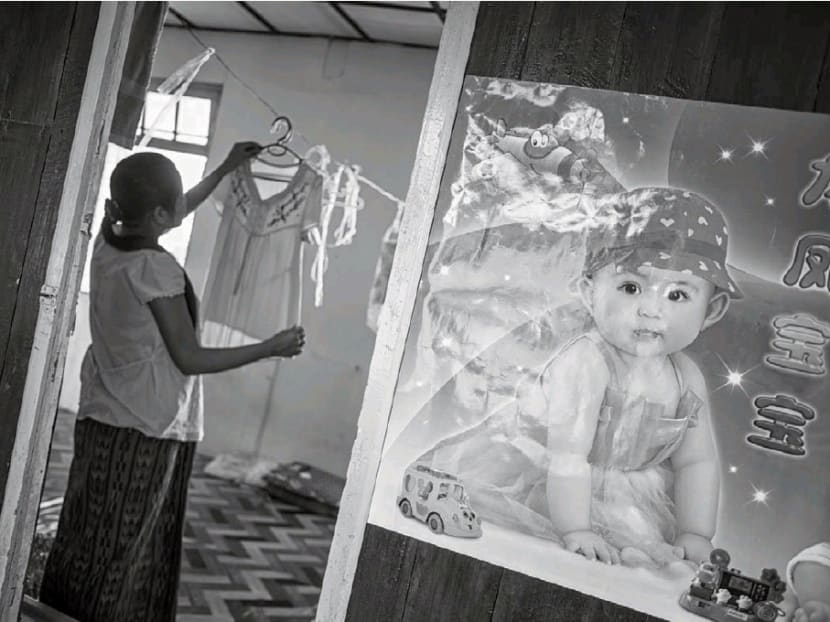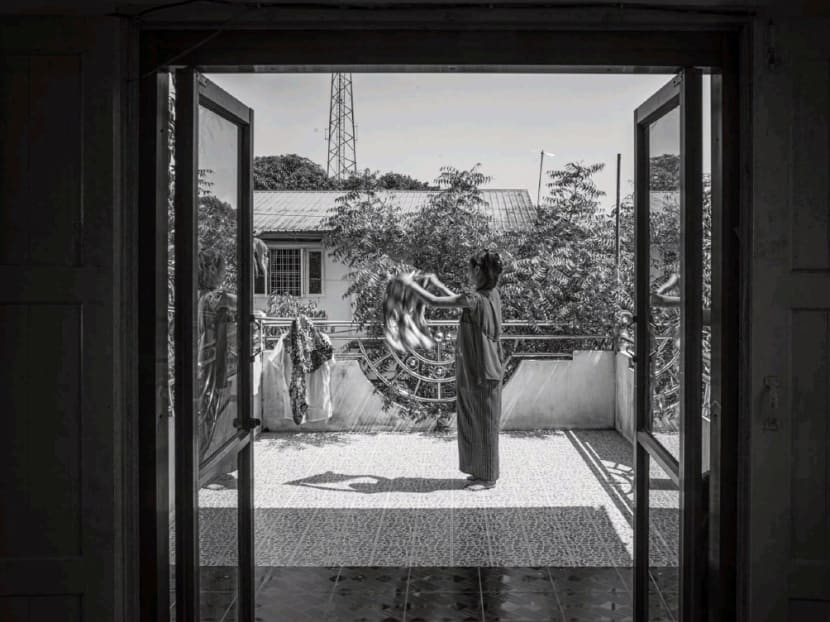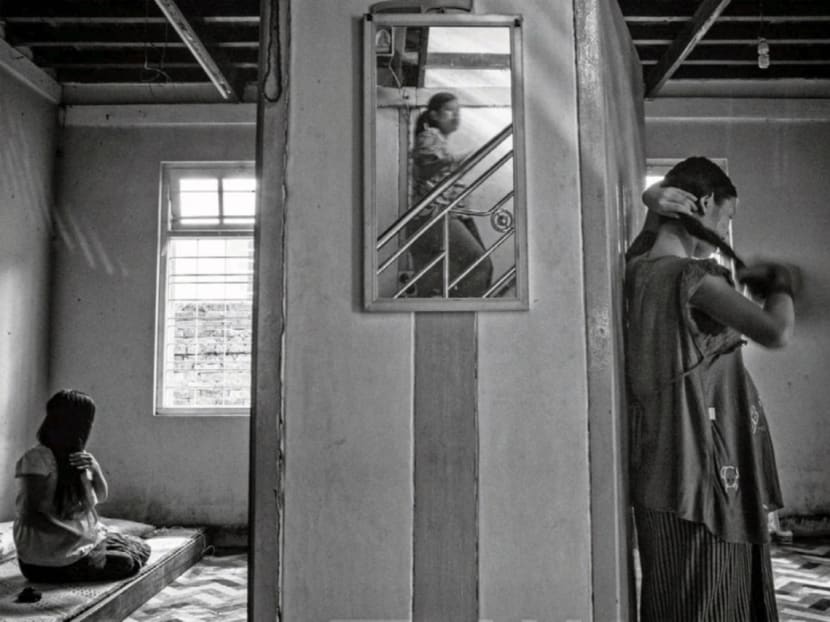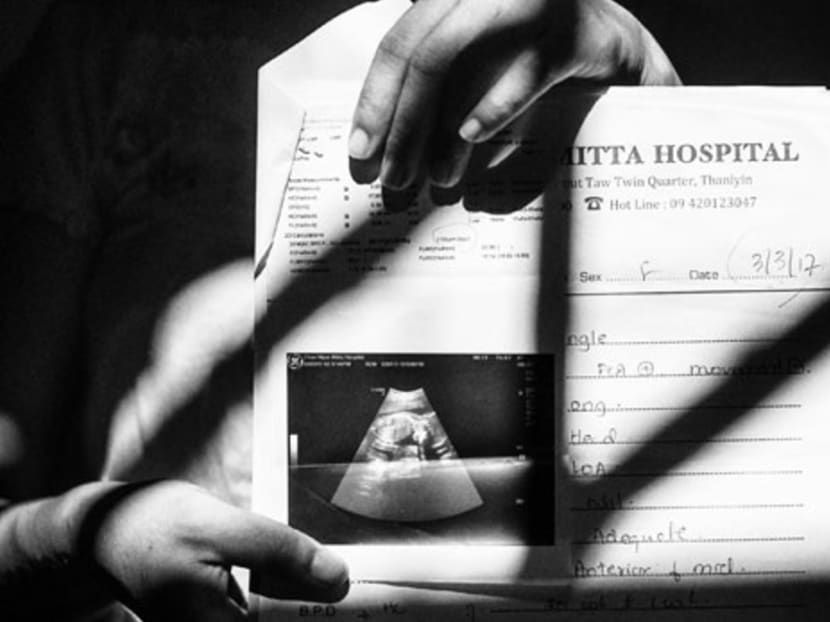‘I pretend everything is OK’: single mothers shunned
YANGON — The 19-year-old – who recently moved to Yangon for work – learnt that she had fallen pregnant.




YANGON — The 19-year-old – who recently moved to Yangon for work – learnt that she had fallen pregnant.
“My boyfriend said he would marry me, but only if I got an abortion,” Ms Pa Pa told Weekend, holding back tears.
That was only the beginning of a wave of pressure. Many of Ms Pa Pa’s friends also told her to consider ending the pregnancy.
But abortion remains a fraught topic in Myanmar – it is illegal unless a woman’s life is at risk and doctors who disobey the law can face time in jail.
Consequently, illegal, unsafe abortions are common. Director of NGO Marie Stopes Myanmar Dr Sid Naing said that up t0 35 per cent of maternal deaths in Myanmar may be caused by abortion-related incidents.
It was in this atmosphere that Ms Pa Pa decided she wanted to keep the baby. And with that, her boyfriend disappeared.
Ms Pa Pa is now set to become one of the many single mothers in Myanmar who face both public and private discrimination and ridicule due to their circumstances.
“I still haven’t told my parents. I pretend everything is OK,” she said.
With her boyfriend gone and her family unaware of the situation, Ms Pa Pa decided to seek assistance at a single mother support centre called Myint Mo Myittar.
She now lives at the centre – founded and run by Dr Myat Thant and Mr Soe Htike – and plans to give birth there in the months ahead.
“Pregnant women want to give birth with their husbands or mothers. When they can’t have these people around, they come to us,” Dr Myat Thant said.
Ms Pa Pa is not alone at Myint Mo Myittar. There are several young women who are in very similar circumstances.
Dr Myat Thant said many of the women she comes across were in relationships with married men who pretended to be single on social media.
Mr Soe Htike told Weekend “there’s only two of us here, we cannot help everyone, but we do what we can. At least a few single mothers will get some support.”
He recently made his opinions public with a Facebook post: “society doesn’t (always) chastise girls who have abortions… but single girls who give birth are treated so badly. We have to change this culture.”
Being forced to give birth in such a clandestine way speaks volumes about how unaccepting Myanmar society is of these women.
A common Myanmar saying came to mind again and again while reporting on this topic – “mothers without husbands are just unpleasant”.
Tradition and culture have a role here but so too does the contemporary media landscape. Regularly, single mothers and their children are blamed and shamed both on local television and in film.
Not only does this cause emotional isolation but it can frequently mean financial isolation as well.
United Nations Population Fund (Unfpa) representative in Myanmar Janet Jackson told Weekend that while many single mothers are still able to “make strong contributions to their families, to the labour market and in society … they carry a great deal of added responsibility (which) often restricts their opportunity for professional growth and financial stability”.
Ms Jackson added that the government should better support single mothers “by ensuring payment of at least minimum wages and allowances, credit, education, funding for women’s self-help groups, and stronger legal enforcement of male parental financial responsibilities”.
More government action is clearly needed – for this story, it was not even possible to find detailed official statistics on single mothers. The stigma seems to go all the way to the highest levels of government.
And adressing taboos around single motherhood is essential to curbing Myanmar’s persistently high maternal death numbers. Unsafe abortion practices are a main factor in why this country has the second highest maternal death rate in Association of South-east Asian Nations (Asean) at 282 fatalities per 100,000 pregnancies.
Experts said that part of the problem is a severe lack of comprehensive sexual and reproductive health education.
This is compounded by access problems. Figures show that one in six Myanmar women of reproductive age cannot access contraceptives.
A spokesperson from the Burmese Women’s Union urged both men and women to “use protection”.
And Ms Nant Thazin Min, coordinator of Colorful Girls, stressed women always have the right to “say no” to men.
But until seismic cultural shifts are made, women like Ms Pa Pa and their children face a tragically uncertain future.
MYANMAR TIMES






